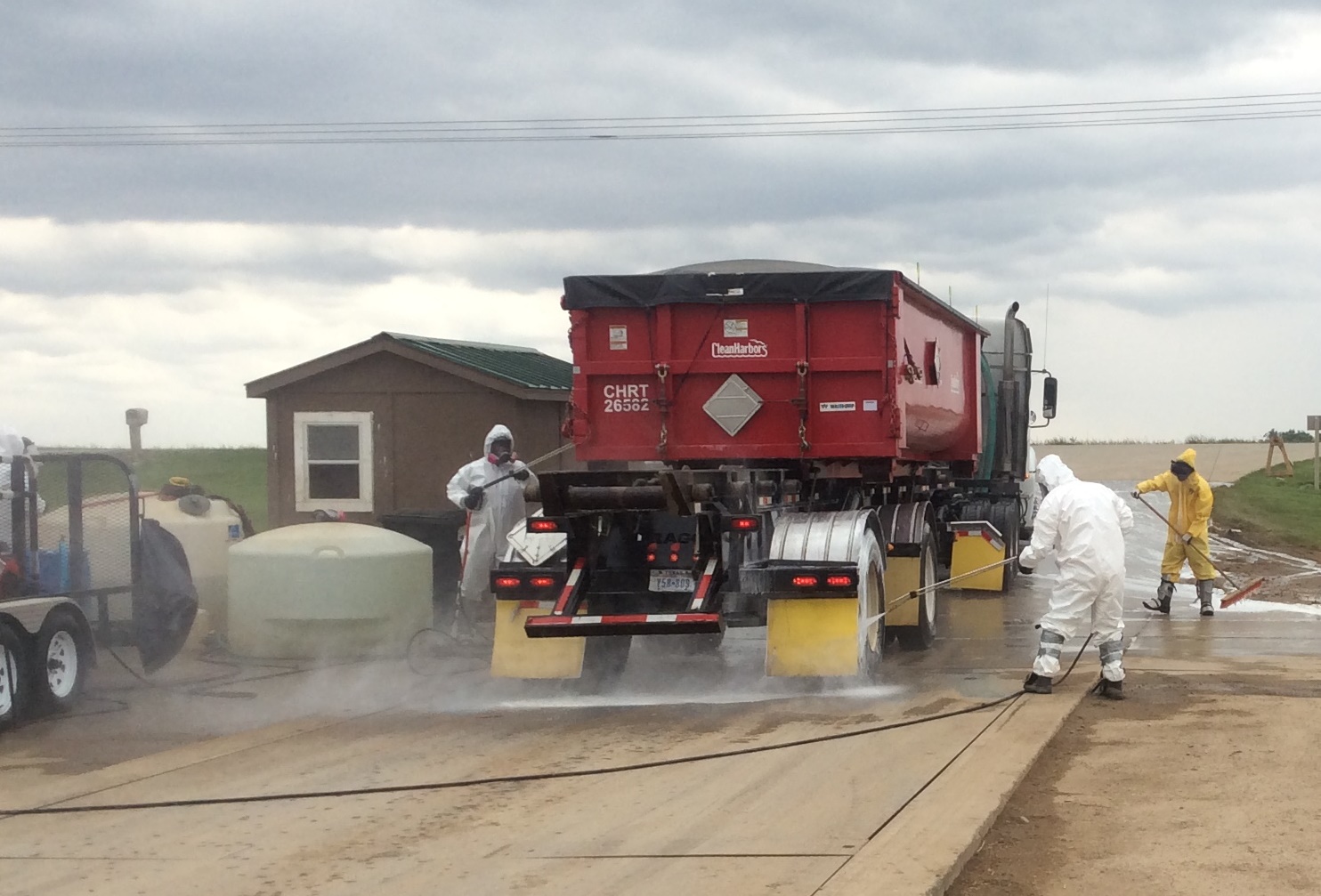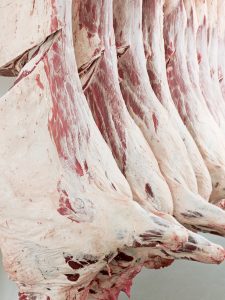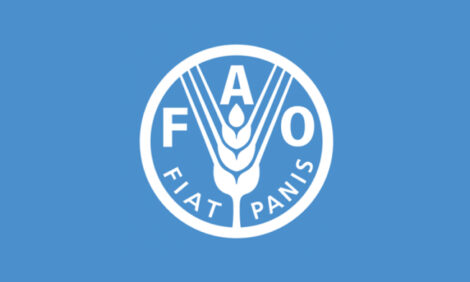



UK revises veterinary rules in abattoirs as Brexit pressures mount
The Royal College of Veterinary Surgeons (RCVS) Council has approved proposals from the UK Department for Environment, Food and Rural Affairs (Defra) to allow temporary veterinary registrants to undertake Official Veterinarian (OV) work at slaughterhouses.The RCVS Council has greenlit Defra's proposals that would amend the rules on the RCVS Temporary Register, allowing those on it to undertake certain specific functions as Official Veterinarians (OVs).

The proposals from Defra were brought to the meeting of RCVS Council on Thursday 18 March 2021 by the Chief Veterinary Officer Christine Middlemiss. They came in light of increased pressures on OV numbers and capacity following the UK’s exit from the European Union at the beginning of the year.
The key pressures on OV capacity, as set out in Defra’s proposals, were around the provision of veterinary surgeons employed by the Food Standards Agency to provide meat hygiene controls in abattoir settings with the agency anticipating “a severe shortage of OV capacity in abattoirs in England and Wales over the next six-to-twelve months”. Furthermore, Defra cited the “significant expansion of the requirement for export health certificates (EHCs)” for the export of animal and animal-derived products from Great Britain to both the EU and to Northern Ireland, as another reason for the proposals as EHCs require veterinary checks and sign-off.
In light of these pressures, the proposal from Defra was to amend the RCVS Temporary Register rules to allow temporary registrants to carry out specifically defined OV work, including export health certification and official meat controls, for a period of up to 12 months (with the possibility of extension of 6 months) provided they had the necessary skilled worker visa, held a degree accredited or approved by the European Association of Establishments for Veterinary Education (EAEVE) and passed the relevant OV training courses.
The proposal also lowered the English language requirement for the OV role from the current RCVS standard of an International English Language Testing System (IELTS) score of 7, to a score of 5.
The RCVS Temporary Register itself currently allows those veterinary surgeons who are not eligible for full registration under the Veterinary Surgeons Act to be able to undertake strictly defined, time-and-place-limited veterinary work under the supervision of a sponsoring veterinary surgeon which, in the context of Defra’s proposals, will be a Senior OV. Those on the Temporary Register do not receive MRCVS status and so, under the previous rules, would not have been able to carry out export health certification and official controls.
The proposals were discussed by RCVS Council with some voicing concerns about the precedent that could be set by allowing those without MRCVS status to carry out certification, the lack of planning for alternative options for increasing short-term OV capacity and the potential lowering of standards in terms of English language ability. However, following a vote, the proposals were approved by a slim majority of RCVS Council members with 11 voting for, 10 against and three abstentions. The decision as passed will last for 12 months but will be reviewed jointly at six months by Defra, the Welsh Government, the FSA and the RCVS.

Eleanor Ferguson, RCVS Registrar, said: “While we recognise the need for the government to respond in a quick and agile way to the increased demands placed upon OV capacity, as the regulator we do share some of the concerns voiced at the Council meeting as regards the potential lowering of veterinary standards, albeit those temporary registrants will only be able to carry out very defined veterinary work and will not attain MRCVS status.
“We have made it clear to Defra that the Temporary Register is to be used sparingly and where there is a genuine and urgent need, and we have received reassurances that applications to join the Temporary Register for the purposes of OV work will be a measure of last resort where there is significant risk of being unable to fulfil the required export health certification or meat hygiene work.”
The Chief Veterinary Officer, Christine Middlemiss, commented: “We are continuing to support the vital work that the veterinary sector is undertaking to protect public health, animal health and welfare and to support the certification of exports now that we have left the EU.
“As part of this process we are working closely with the RCVS to allow the temporary registration of additional vets to ensure these standards are maintained during the ongoing pandemic.”


